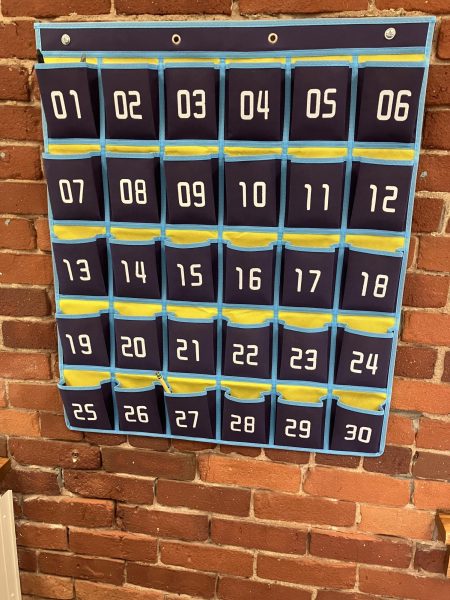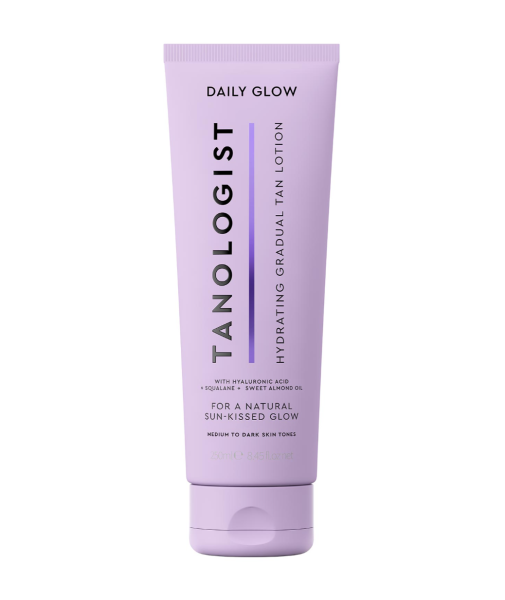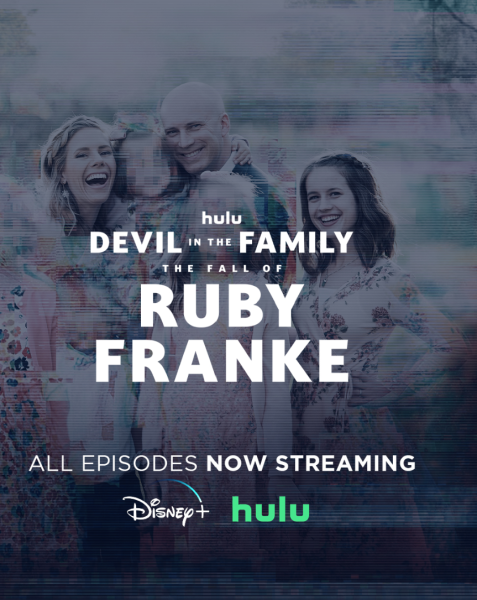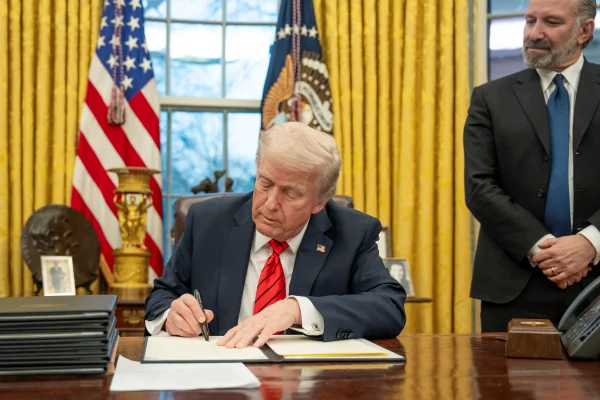Cancellation of Local Art Show Sparks “Cancel Culture” Debate
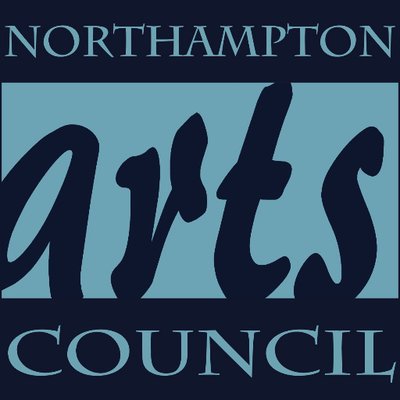
Over the last few weeks, the cancellation of The Northampton Arts Biennial, a large art show hosted by the Northampton Arts Council, has sparked discussion in the area. The art was canceled after Jason Montgomery, a local artist, raised concerns over a piece to be shown in the exhibit that portrayed Native Americans. Montgomery referred to the piece as “genocide art.”
After a rushed discussion over Zoom, the Arts Council, without hearing from the maker of the piece in question or any other artists whose art was going to be in the show, decided to cancel the entire show after concluding that the selection process had somehow “silenced Native Americans.”
It was obvious that the loudest and most powerful voice in the meeting was that of Montgomery, who successfully coerced the members of the council into canceling the event.
After viewing a recording of the meeting, it was clear to me that there was very little valuable discussion around the topic; many people seemed to be caving to Montgomery’s request, as if he would have sought retribution or revenge if the Biennial was allowed to continue.
This is just one example of a worrying trend of art, comedy, and intellectual discussion being “canceled” because it is considered harmful, typically to a group that has been historically marginalized or discriminated against. In most circumstances, the concerns raised are fully legitimate and reasonable; when these concerns are raised, of course they should be taken into consideration.
It contradicts the very meaning of art, however, to eliminate a voice or idea because it is considered offensive. By eliminating ideas that deemed offensive, we are removing what could be an opportunity for productive dialogue.
What the “cancelation” of ideas effectively does is prevent the momentary discomfort needed to talk about hard topics, which results in more permanent discomfort in the long run. This way of thinking assumes that the best way to deal with hurtful issues is by pretending they don’t exist, when this is often what causes the issues in the first place.
In 2018, while speaking about the disinvitation of members of the Trump Administration from colleges, CNN anchor Van Jones told his college audience: “I don’t want you to be safe, ideologically. I don’t want you to be safe emotionally. I want you to be strong. That’s different.”
Jones is pointing people towards one of the main flaws in the logic of canceling ideas that are deemed harmful—if we continue to shield ourselves from seemingly harmful ideas and seemingly harmful content, we are allowing the powers of the alt-right, and other ideologically dangerous forces, to gain steam as they lurk under the surface of what appears to be a “safe” society.
Stephen Petegorsky, who wrote an opinion piece on the topic of the Arts Council, successfully pinpointed what the mission of an Arts organization should be.
“Art is about expression, and the Arts Council should [have] foster, protect, and promote expression,” Petegorsky said. “Instead, they’ve canceled an entire exhibit because of objections from one person about one piece of art.”
One must consider what the outcome of the Arts Council controversy could have been if the Biennial had not been canceled. Most likely, a productive and engaging discussion would have come as a result of the Arts Council keeping all of its pieces in the show.
Peter Hitchens, a British journalist, has likened cancel culture and safe spaces to the censorship that has taken place during some of the world’s most authoritarian regimes, such as the Soviet Union under Joseph Stalin.
“If you want silence, and if you want places like [universities] to cease to be, if you want newspapers which publish views which you don’t like to cease to be published, programs on the television and radio which you do not like to cease to be transmitted, then the safe space is what you should pursue,” Hitchens said.
“Because it is a nice, agreeable, polite, appealing, seductive way of obtaining what it really is: and that is censorship.”
Olin Rose-Bardawil is a senior from Northampton, MA who has written for the Willistonian since 2021 and has served as its editor-in-chief since 2023. In...






